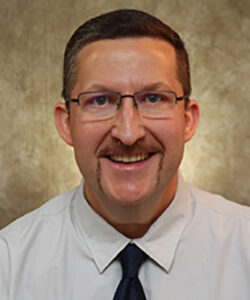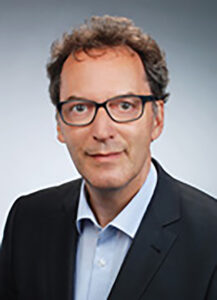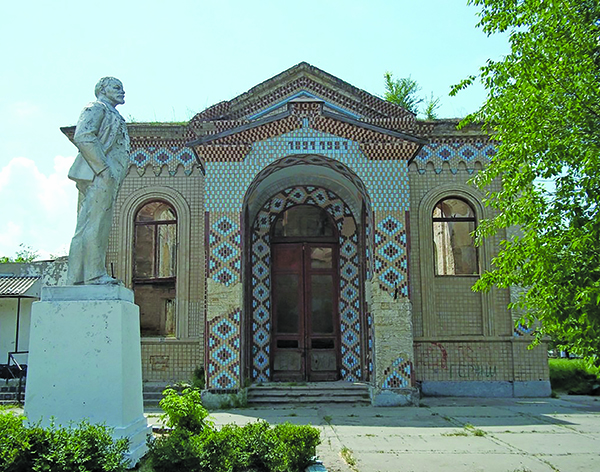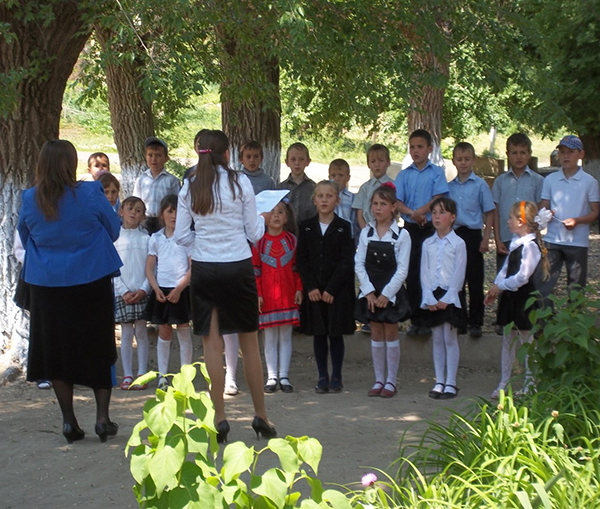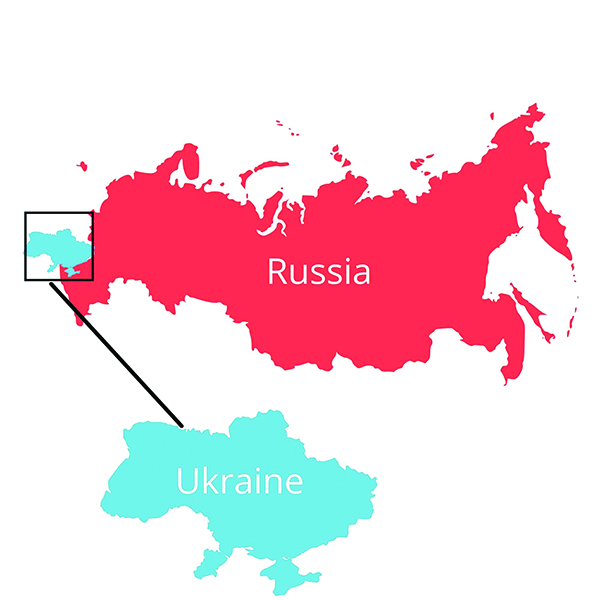Professor with Ukraine ties says war has major impact
By KAYLEA BROWN, Senior Reporter
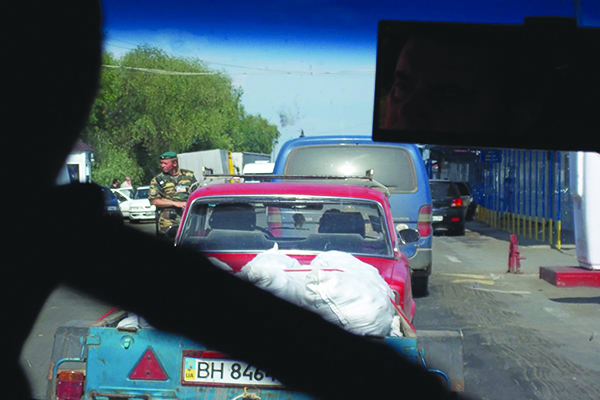
The war in Ukraine has already affected numerous worldwide industries and displaced millions of people, said a Northwestern political science professor who has studied the region.
Dr. Eric Schmaltz, chair of the university’s Social Sciences Department, said the war in Ukraine has triggered one of the largest refugee crises in Europe since World War II.
More than 3 million people have fled the nation, the Associated Press reports. People are left searching for safety from Russian military attacks on schools, military hospitals and other vital pieces of infrastructure.
Schmaltz’ academic focuses are on Germany and Russia, as well as the Holocaust and the Soviet era. He is also connected to Ukraine because of his ancestors.
“My immediate ancestors departed from parts of Ukraine between 1893 and 1902, ending up in the Dakotas [in the United States],” Schmaltz said. “However, I still had extended family living in the region until as late as March 1944, when the retreating German armed forces during World War II evacuated them west from the advancing Soviet Red Army.”
In 2011, Schmaltz visited Ukraine as part of the 17th Journey to the Homeland Tour. The North Dakota State University Library’s German from Russia Heritage Collection in Fargo conducted it.
IMPACT ON GLOBAL TRADE COULD GROW
The Russia-Ukraine war has had an impact on several industries so far, and it will continue to have impacts on the worldwide economy, Schmaltz said. Wheat, natural gas and petroleum are three industries that have been affected so far. Russia is a major natural gas and petroleum producer.
“Russia, like the United States, is a northern hemispheric power blessed with natural resources,” Schmaltz said. “They’ve been a major supplier to many parts of Europe over the years, including Ukraine.”
With trade relations strained by the crisis, gas prices around the world have risen. The price of bread may also increase because of the amount of wheat harvested from Russia and Ukraine.
“Russia is also the largest exporter of wheat,” Schmaltz said. “If you combine Ukraine with Russia, that’s one-third of the wheat that’s produced at a given time. If there’s any major disruptions, the bread prices may go up.”
REFUGEE CRISIS AFFECTS MILLIONS
The crisis’ impact on people has also been significant. In addition to the more than 3 million people who have left the country, millions who remain have been forced to seek safety outside their communities.
One of Schmaltz’ academic colleagues, Peter Hilkes, is helping to coordinate humanitarian efforts for Ukrainians and working with the media.
Hilkes is a lecturer at the Ukrainian Free University in Munich and is the coordinator for House of Resources Munich.
Hilkes said the Ukrainian Free University is a hotspot for information and communication about Ukrainian issues.
“Munich is a big center for Ukrainians,” Hilkes said. “Many Ukrainians have already been to Munich, so they could pick up people and try to offer accommodations at their house.”
Hilkes, who is considered an expert on Ukrainian issues because of his studies and lectures, said the tenacity and resilience of the Ukrainian people has touched him.
“I’ve known Ukrainian women for a long time,” Hilkes said. “I’m always very impressed by how tough they are. It is incredible. … There were moments when they cried.
“It’s normal if you have a trauma, but they were looking forward, thinking about their kids.”
Hilkes said he tries to explain to others the reality of what is going on with the Russia-Ukraine crisis. He said he greatly respects reporting on the issue.
“People in Ukraine, I have so much respect for them,” Hilkes said. “It’s incredible what they do, how they report about the situation, how they make filming possible under conditions we cannot imagine.
“What we see in all those films, that’s real life. Everything is real.”
